
Increase in annual global drug spending expected to total around $70 billion this year.

Increase in annual global drug spending expected to total around $70 billion this year.

Vince Canzanese, RPh, director of compounding at Burmans Pharmacy in Brookhaven, Pennsylvania, discusses the independent pharmacy's wellness initiatives.

Protective strategy may keep organs safe and functioning optimally after the procedure.

Vince Canzanese, RPh, director of compounding at Burmans Pharmacy, says the independent pharmacy raises awareness about its services by being involved in the Brookhaven, Pennsylvania, community.

Patients significantly overweight or underweight less likely to remain in remission.

Beginning therapy within 12 months of HIV detection associated with lower AIDS risk.

The most surprising service offered at Burmans Pharmacy in Brookhaven, Pennsylvania, used to be commonplace at most pharmacies.

Study finds African Americans and Hispanics significantly less likely to be treated with radiation.

A total of 40 deaths have been recorded in the latest outbreak of bubonic and pneumonic plague in Madagascar.

At Burmans Pharmacy, the key to extending the spirit of American Pharmacists Month is to continually improve pharmacy operations.

Study finds treatment that prevents transmission of virus from mother to child leads to reduced heart performance.

Therapy extended lives of patients by approximately 5 months.

Vince Canzanese, RPh, director of compounding at Burmans Pharmacy discusses some of the hot topics at the Brookhaven, Pennsylvania independent pharmacy.

Study finds few patients were adherent to supplements.

Envoy Direct Series has been optimized to reduce dimensional weight.
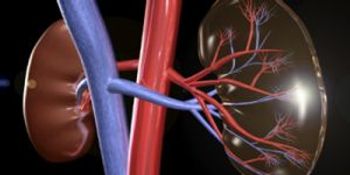
The FDA has granted orphan drug designation to a treatment for a rare disease that primarily affects kidney function.
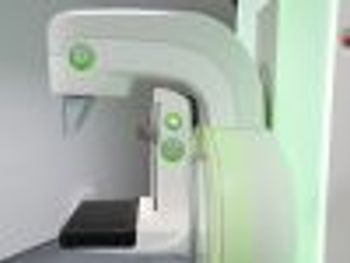
Increased number of patients moving away from breast conservation surgery in early stages of disease.

Metric-only oral syringes meet ISMP recommendations.

First-line therapy with abatacept in combination with methotrexate achieved significantly higher rates of stringent measures of remission in patients with early rheumatoid arthritis.

Oral drug combination effective in treating newly diagnosed multiple myeloma.

Progress in stopping the spread of the Ebola has been achieved in 2 West African countries, though new cases of the virus are increasing in a third.

After the Drug Enforcement Administration revoked the Tampa-based pharmacy's registration to sell controlled substances and seized its drugs, the company fought back with a lawsuit.
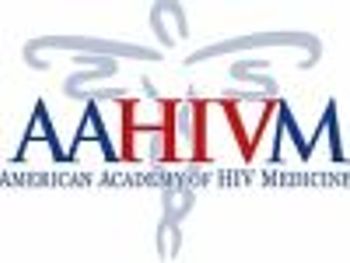

Thomas Cohn, chief strategy officer at Armada Health Care, discusses the services Armada provides for specialty pharmacies.

Major emphasis placed on training efforts throughout the US.

Combination therapy eliminates tumors in more than 70% of mice.

Cyclophosphamide found to improve the success of virus therapy in patients with malignant gliomas.

The current Ebola epidemic in the Democratic Republic of the Congo stems from a different strain of the virus than the outbreak wreaking havoc on West Africa, according to data from a French research organization.
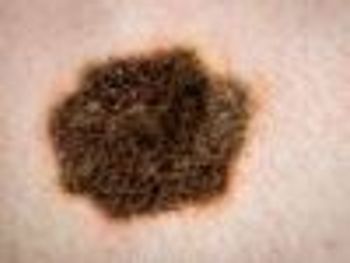
Next generation drug shows anti-cancer activity in 10 of 11 tumor samples during lab tests.
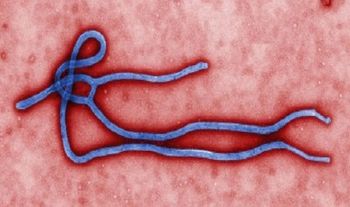
A Nebraska hospital has reported that one of its patients, a surgeon who had been working in Sierra Leone, has died from Ebola.